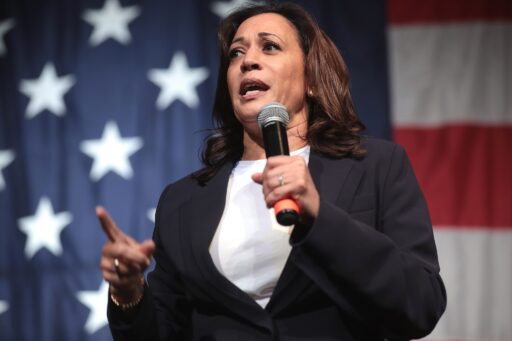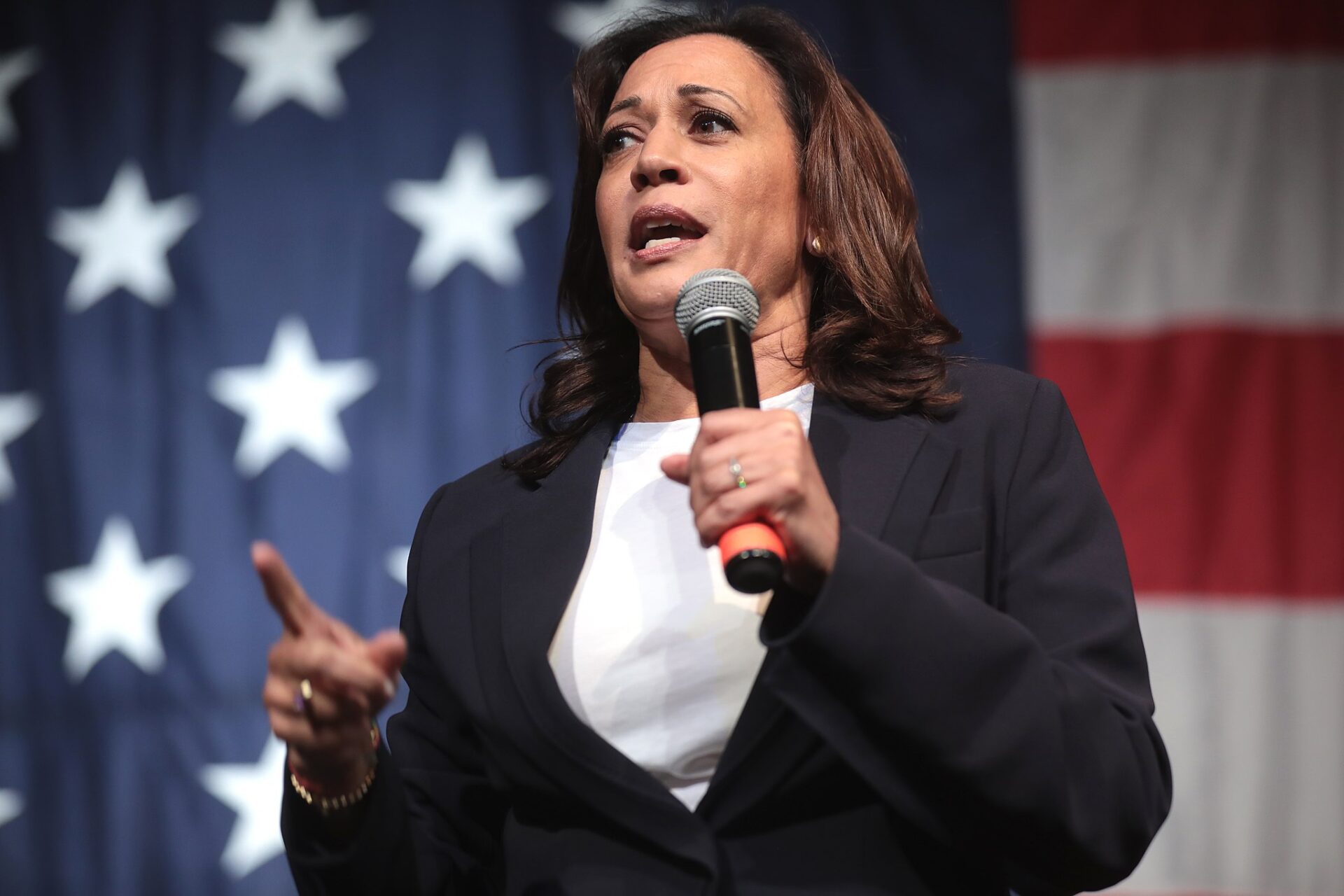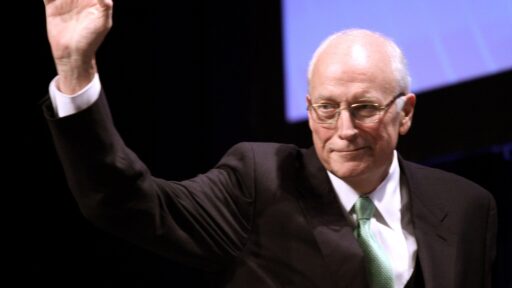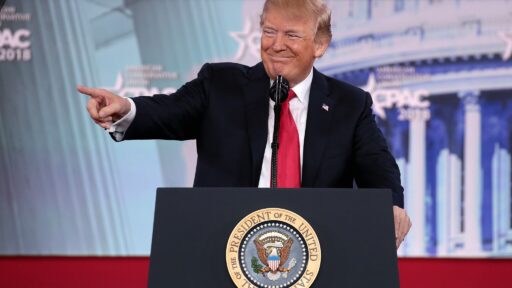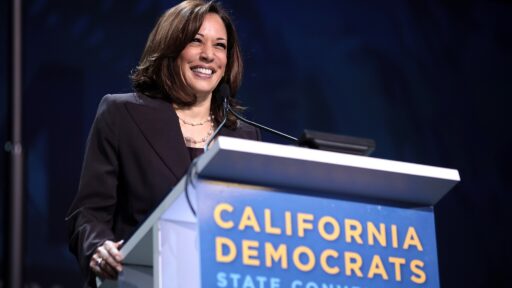Clearly, she’s a fool…
Vice President Kamala Harris has recently embarked on a media campaign to connect with voters, but the effort has been anything but smooth. Critics have pointed out her reluctance to engage in traditional interviews, particularly with mainstream media, since she took over the Democratic ticket alongside President Joe Biden.
Her recent appearances on shows like CBS’s 60 Minutes, The View, and even podcasts such as Call Her Daddy seem aimed at reaching undecided voters as Election Day looms closer. However, these efforts have exposed vulnerabilities in her campaign and raised questions about her readiness for the presidential race against former President Donald Trump, whose polling numbers remain competitive with hers.
Political analysts note that Harris’s responses during these interviews have often been unsatisfactory. Thomas Gift, a political science professor, remarked that her struggle to answer tough questions shows why her staff may have previously kept her away from such media engagements. The vice president was recently pressed on her administration’s immigration policies, a topic that has been a hot-button issue for many Americans. When asked if she regretted the Biden administration’s loosening of immigration rules, her defense lacked conviction, stating only that solutions were forthcoming.
In her attempt to distance herself from Biden while maintaining loyalty, Harris stumbled again when asked how she would govern differently. Her vague responses have drawn fire from Republicans, with Trump labeling one of her answers as “the dumbest” he has heard. This misstep highlights her difficulty in presenting a clear, independent vision for change.
Moreover, her foray into less conventional media has not gone unscathed. The backlash from her appearance on Call Her Daddy illustrates the risks of trying to connect with younger voters through platforms that may not align with her political message. Critics accused her of using the podcast for propaganda rather than addressing pressing issues like the administration’s response to recent disasters.
As the campaign progresses, it remains to be seen whether Harris can recalibrate her approach and effectively engage with voters across the political spectrum. The stakes are high, and with the race tightening, her team will need to ensure that their candidate can navigate complex questions and present a clear vision that resonates with American voters. The coming weeks will be crucial for Harris, as she strives to solidify her base while also reaching out to the undecided. If she cannot find her footing, these missteps could very well become fodder for Republican campaign ads and a significant obstacle in her path to the presidency.


